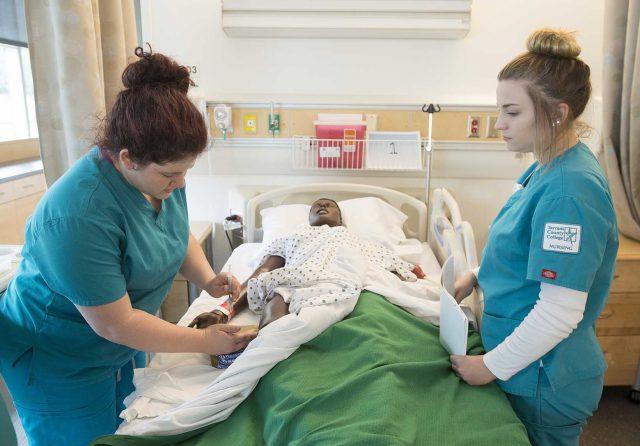By Tikko Mercado
Suicide is not a normal response to stress, the NE veterans counselor told NE students Feb. 21.
Christopher Hunt, a Desert Storm veteran himself, spoke about the risk factors as well as signs and symptoms for suicide.
“Depression, other mental disorder or substance abuse disorder, prior suicide attempts increases the likelihood or the risk of suicide,” he said.
Men are more likely to die by suicide while women are more likely to attempt suicide, Hunt said. Men are also more likely to use deadlier methods, such as firearms or suffocation, while women are more likely to attempt suicide by poisoning.
“Reducing a suicidal person’s access to highly lethal items or places is an important part of suicide prevention,” he said. “While this is not always easy, asking if the at-risk person has a plan and removing or disabling the lethal means can make a difference.”
Feeling unbearable pain and talking about being a burden to others is a sign and symptom for suicide as well as acting anxious and agitated or withdrawing from family and friends, Hunt said.
“Listen carefully and learn what the individual is thinking and feeling,” he said. “Findings suggest acknowledging and talking about suicide may, in fact, reduce rather than increase suicidal thoughts. Talking about it helps normalize the conversation. Asking about it does more good than harm.”
NE student She Leesa Jones said the presentation was outstanding and the presenter knowledgeable.
“Simply asking a question can save a life,” she said.
Hunt said help is available through the National Suicide Prevention Lifeline at 800-273-8255 (TALK).


























